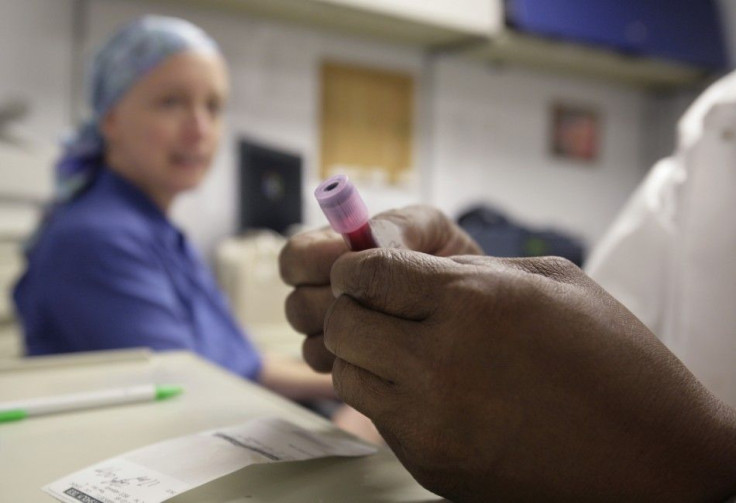Virus Engineered to Fight Cancer Spares Healthy Cells

There is an engineered virus that when injected into the blood, it selectively targets cancer cells throughout the body and attacks the tumors without destroying healthy cells.
Scientists from the Ottawa Hospital Research Institute have succeeded in creating the virus that have been labeled a medical first and have tested it in small trials on 23 patients, according to a new study in the scientific journal Nature.
For decades, the idea of using viruses to fight cancer has interested scientists. That interest has since grown with recent advances in genetic engineering, which have made it possible to custom design viruses that target cancer tumors.
Researchers believe the new findings could one day transform therapies. The ultimate goal is to use viruses as a cancer treatment - likely in combination with chemotherapy.
The virus, JX-594, is said to have invaded and replicated in cancer tissue from seven of eight patients who received the highest doses of the agent. Six of the eight had their tumors shrink or stabilized.
However, the virus didn't cure cancer and patients were only given one dose of the virus because the trial was designed to test the safety of the virus.
Cancer specialists said using viruses showed real promise.
This is the first time in medical history that a viral therapy has been shown to consistently and selectively replicate in cancer tissue after intravenous infusion in humans, John Bell, PhD, of the Ottawa Hospital Research Institute in Ontario, said in a statement.
Bell said in this study, the virus was designed so that it can only grow in cancers and cannot grow in any normal tissues.
We think that with this selective approach we may be able to treat cancer continuously with the virus and hopefully effect a complete remission of the disease, he told CBC News. Intravenous delivery is crucial for cancer treatment because it allows us to target tumours throughout the body as opposed to just those that we can directly inject. The study is also important because it shows that we can use this approach to selectively express foreign genes in tumours, opening the door to a whole new suite of targeted cancer therapies.
The most common side effects were mild flu-like symptoms that lasted no more than 24 hours. Side effects also incleded fatigue, headache, nausea, hypotension, vomiting, tachycardia, hypertension, anorexia, and myalgia. Dose-limiting toxicities were not observed, according to MedPage Today.
The Canadian scientists say additional research is needed and they believe this early success will lead to a new generation of targeted cancer treatments.
© Copyright IBTimes 2024. All rights reserved.












